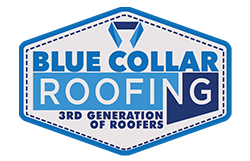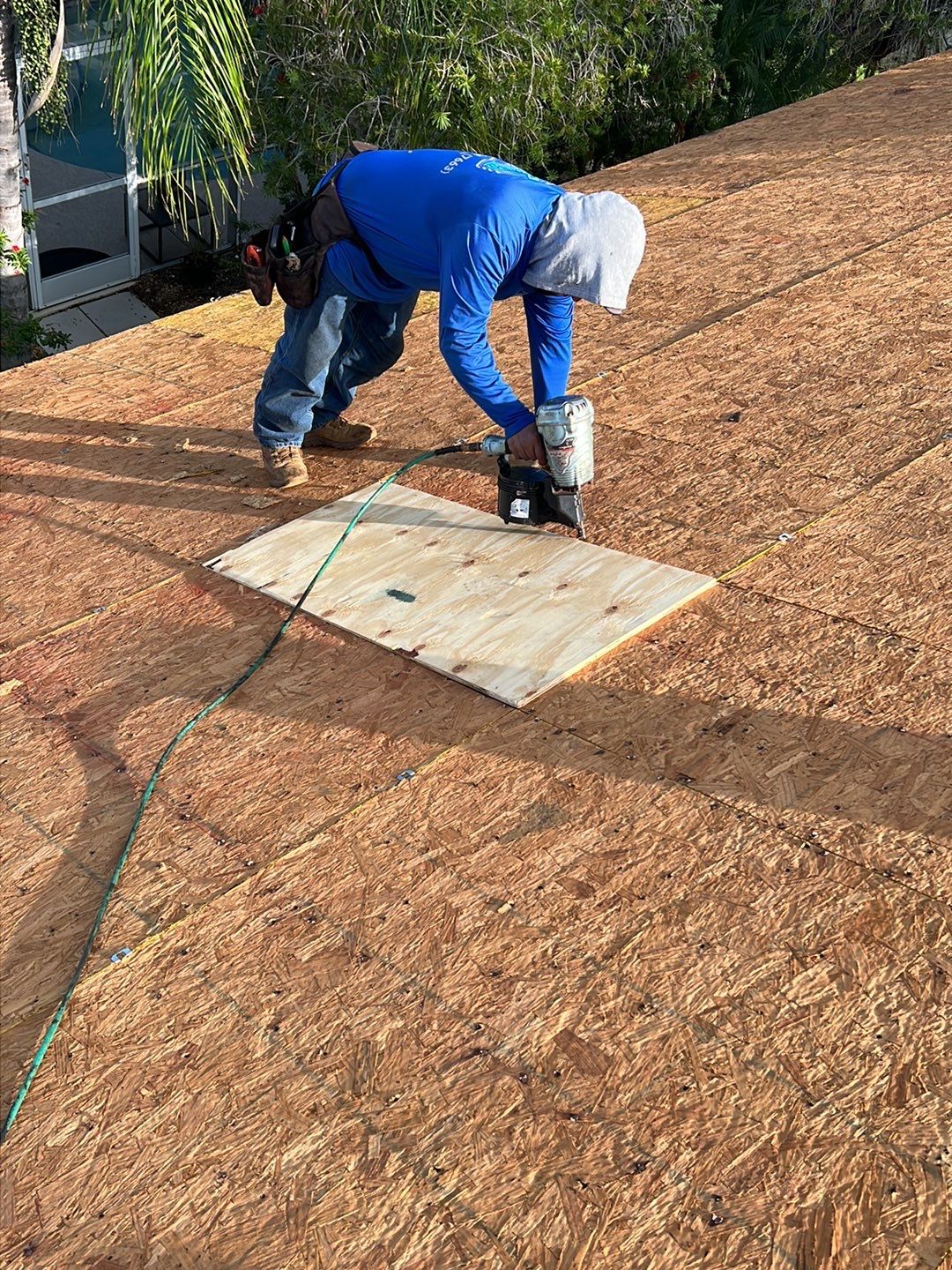When it comes to commercial roofing solutions, flat roofs dominate the market due to their practicality, durability, and cost-effectiveness. Selecting the best flat roofing system for your commercial property is crucial to ensure it withstands the dynamic weather conditions and unique demands of Southwest Florida. With numerous materials and systems available, making the right choice can feel overwhelming. As an established provider of commercial roofing services in the region, we are here to help you navigate your options, select the most suitable flat roofing solution for your specific needs, and guarantee lasting protection for years to come.
In this comprehensive guide, we will explore the various flat roof options available for commercial buildings, focusing on their unique benefits, sustainability, durability, and maintenance requirements. We will dive into popular materials such as single-ply roofing systems (TPO, EPDM, and PVC), as well as modified bitumen and built-up roofing (BUR) systems. By understanding the essential features and advantages of each flat roof material, you will be able to select the best option for your commercial property.
Explore the Best Flat Roofing Options for Your Commercial Property
Single-Ply Roofing Systems: TPO, EPDM, and PVC
Single-ply roofing systems are among the most popular choices for flat commercial roofs due to their ease of installation, energy efficiency, and durability. They come in various material options, but three of the most common include:
1. TPO (Thermoplastic Olefin): Known for its energy efficiency, TPO roofing systems feature light-colored reflective surfaces that help reduce air conditioning costs by reflecting sunlight. TPO is extremely durable due to its resistance to UV rays, wind, and mildew. It is also one of the more affordable single-ply options.
2. EPDM (Ethylene Propylene Diene Monomer): EPDM is a synthetic rubber material that offers excellent durability, flexibility, and UV resistance. It is available in black or white and can be installed via either fully adhered systems or mechanically fastened systems. EPDM is also easy to maintain and repair, making it an attractive option for commercial building owners on a budget.
3. PVC (Polyvinyl Chloride): Another popular single-ply option, PVC roofing is known for its superior strength, resistance to chemicals, and energy efficiency. With a long life expectancy and built-in fire resistance properties, PVC roofing is an excellent choice for commercial structures with a higher risk of fire or chemical exposure.
Modified Bitumen Roofing Systems: Durable and Time-Tested
Modified bitumen roofing is another great option for commercial flat roofs, offering excellent durability, waterproofing, and tear resistance. This system is a more modern, advanced version of built-up roofing and is made from asphalt modified with rubber or plastic polymers to improve its strength and flexibility. There are two primary types of modified bitumen roofing systems:
1. APP (Atactic Polypropylene) modified bitumen roofing: APP systems are composed of a high-performance polymer blend and provide excellent resistance to UV rays, weathering, and foot traffic. Commonly torch-applied, APP modified bitumen roofs are known for their long-lasting performance.
2. SBS (Styrene-Butadiene-Styrene) modified bitumen roofing: An elastomeric blend of synthetic rubber and asphalt, SBS modified bitumen roofs offer enhanced flexibility, making them ideal for withstanding extreme temperature fluctuations. SBS systems can be cold-applied, torch-applied, or heat-welded onto the substrate.
Built-Up Roofing Systems: An Established Legacy
Built-up roofing (BUR) has been a roofing staple for over a century, providing extensive weather protection and insulation due to its multiple-layer design. BUR systems consist of alternating layers of reinforcing fabric and bitumen (typically asphalt) and a top layer of mineral or gravel to protect the roof from weathering, UV rays, and foot traffic. The key benefits of BUR systems include:
1. Multi-layer construction: This design offers added protection against roof leaks and acts as insulation, reducing energy consumption.
2. Extensive durability: The multiple layers provide added strength and resistance to punctures, making BUR systems long-lasting and low-maintenance.
3. Flexibility in installation methods: BUR systems can be installed using hot or cold-applied methods, depending on the requirements and preferences of the building owner.
Preventive Maintenance and Inspections: Key to Flat Roof Longevity
Regardless of the flat roofing system you choose for your commercial property, preventive maintenance and regular inspections are essential to maximize your investment’s lifespan, efficiency, and performance. Establish a maintenance schedule to address routine tasks such as debris removal, inspection of seams and flashings, and monitoring of rooftop drains. This proactive approach will help identify potential issues early, allowing for timely repairs and mitigating costly damages.
Invest in a Flat Roof Solution Tailored to Your Commercial Property
Every commercial building has unique needs when it comes to roofing systems. Flat roofs are an effective option for commercial properties, offering versatility, durability, and energy efficiency. By understanding the benefits and features of various flat roof materials and systems, you will be well-equipped to make an informed decision that best suits your property’s needs.
Allow our team at Blue Collar Roofing to guide you in selecting the ideal flat roofing system for your Southwest Florida commercial property. Our experience and expertise ensure a personalized approach that delivers long-lasting protection and peace of mind. Contact us today to discuss your flat roof options and schedule a professional consultation!

